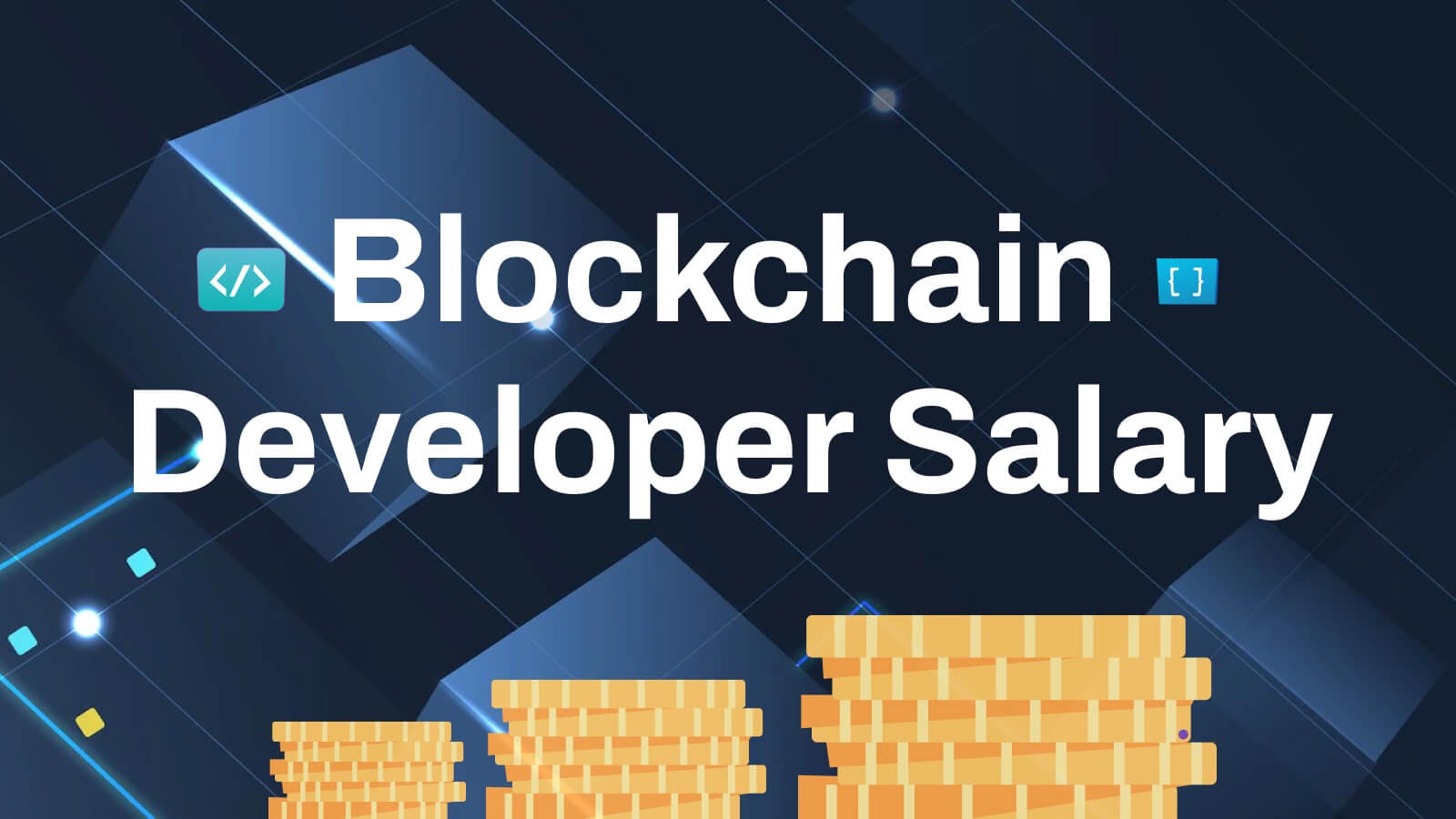The advent of the contract work culture has transformed the way we earn a living, creating adaptable prospects for individuals to pursue their passions while earning a living. As traditional employment structures transform, the scene has become increasingly digital, enabling a new wave of opportunities that appeal to qualified workers. Among these, roles in blockchain and cryptocurrencies have gained significant traction, attracting technology enthusiasts seeking to leverage the innovative possibilities of blockchain tech.
Blockchain and crypto jobs are at the leading edge of this transition, offering unique prospects for freelancers and self-employed professionals. These jobs range from blockchain developers and project leads to advertisers and community facilitators, highlighting the versatility and requirement for knowledge in this fast-evolving sector. As these sectors continue to grow, the convergence of the gig economy and distributed ledger technology opens opportunities for new work models, allowing workers to participate in impactful tasks while enhancing the development of financial services and technology.
Comprehending the Gig Economy
The freelance economy has quickly transformed the way people engage with work, highlighting adaptability and independence over traditional employment structures. In this environment, individuals can take on temporary projects or contract opportunities, enabling them to dictate their schedules and choose the tasks that align their skills and interests. This shift has been particularly appealing to a wide range of workers, from creatives to technology experts, who seek different pathways to traditional nine-to-five jobs.
With the rise of online platforms, accessing gig work has become simpler than ever. Online platforms and apps connect freelancers with clients looking for specific skills, ranging from graphic design to software development. This enhanced accessibility has empowered more people to join the workforce, enabling them to earn income in creative ways. The gig economy not only benefits workers but also provides companies with a adaptable labor pool, helping them to scale their businesses without the long-term obligation associated with full-time employees.

However, the gig economy is not without its difficulties. Many gig workers face challenges such as job insecurity, inconsistent income, and a absence of benefits that typically accompany traditional employment. These concerns have prompted discussions about establishing more stronger protections and guidelines to ensure fair treatment of gig workers. As the landscape continues to evolve, grasping the dynamics of the gig economy will be important, especially as new technologies, like blockchain, begin to carve out new opportunities within this field.
The Role of Blockchain in Gig Work
Blockchain acts a pivotal role in transforming the gig economy by providing a decentralized platform for payments. This removes the need for middlemen, lowering fees and boosting the overall earnings of gig workers. With smart contracts, gig workers can confirm that they are paid automatically upon the finalization of a task or service, enhancing reliability between parties and promoting a sense of assurance in these often transient work relationships.
Furthermore, blockchain provides increased visibility regarding job opportunities and payment histories. Gig workers can build a provable reputation on the blockchain, demonstrating their reliability and skill to potential customers. This transparency not only strengthens the workers' trust but also attracts clients who seek credible and trustworthy freelancers. By maintaining a immutable record of transactions, blockchain helps to settle disputes effectively, fostering a more positive work environment.
Moreover, the use of virtual currencies in the gig economy brings a new level of adaptability for payments. Many gig workers face challenges when it comes to receiving on-time payments due to traditional banking systems. Digital currency allows for real-time transactions across borders, enabling gig workers to receive payments in a timely manner, regardless of their place. This accessibility empowers workers, particularly those in developing regions, to engage in the global gig market more effectively and gain from its growth.
Chances in Blockchain Careers
The emergence of blockchain technology has created a plethora of positions in the crypto job market. Firms are increasingly seeking skilled professionals who can handle the challenges of this emerging financial landscape. From software engineers who develop automated agreements to researchers who understand financial patterns, the need for talent is growing. This offers a distinct possibility for individuals with expertise in technology, monetary management, and even law to establish a place in this quickly transforming industry.
Contract and virtual work options are especially common within the crypto sphere. Various projects operate on a crowdsourced approach, granting freedom in working conditions and location for employees. This framework invites a diverse range of workers, enabling them to apply their abilities without the constraints of conventional work. As more new businesses and existing companies adopt distributed technologies, the pool of contract jobs continues to grow, making it simpler for individuals to engage with the industry in a fashion that aligns with their personal situations.
Furthermore, the growth of DeFi, NFTs, and blockchain-based marketplaces is fueling creativity and job creation. As these concepts gain traction, institutions require various skills, including brand strategists, social media specialists, and cybersecurity experts. This variety ensures that not only tech-savvy individuals can take advantage but also those with backgrounds in business development and client management. blockchain and crypto jobs changing nature of the crypto job landscape ensures that there are roles available for a diverse collection of talents, creating an inclusive environment for new talent.
